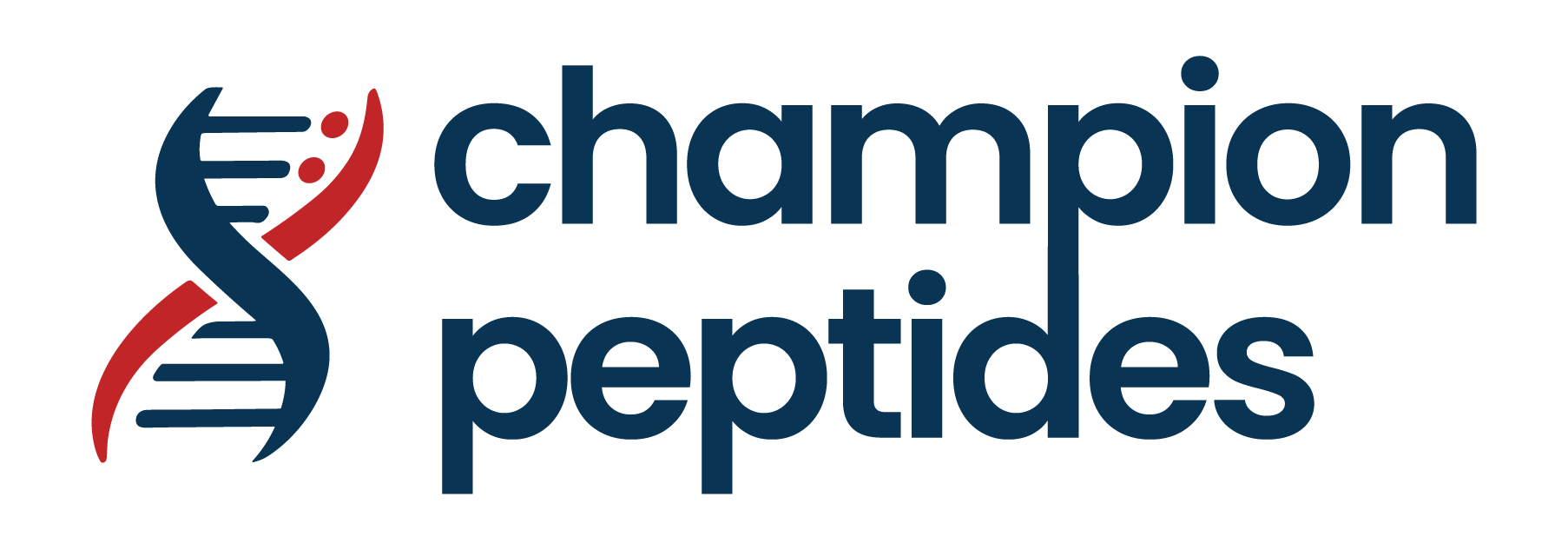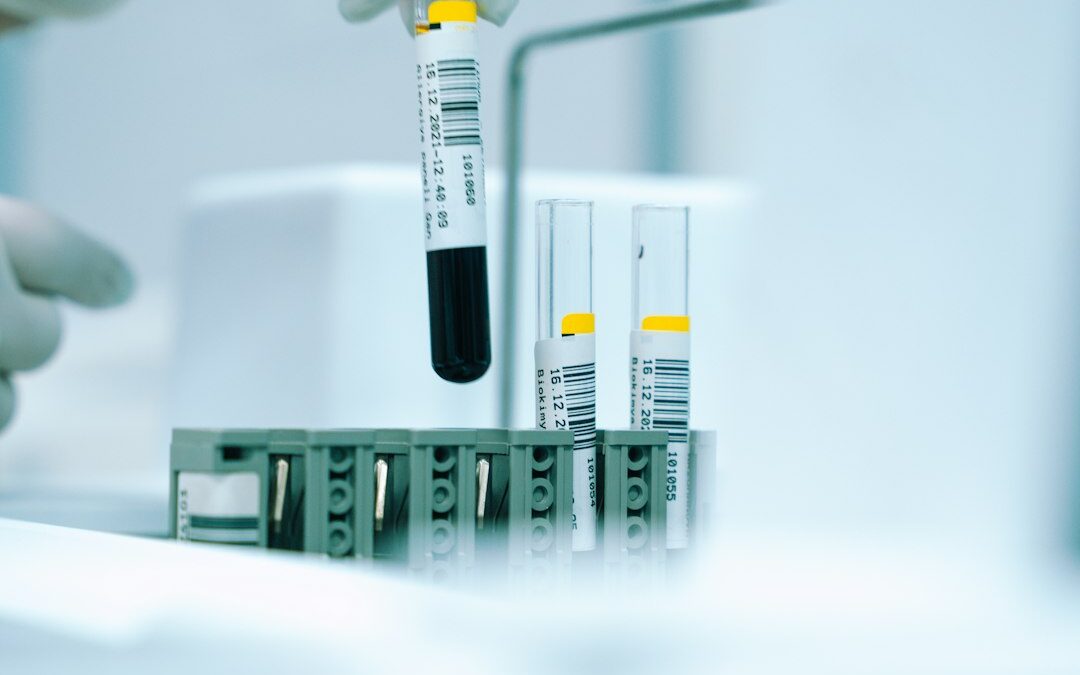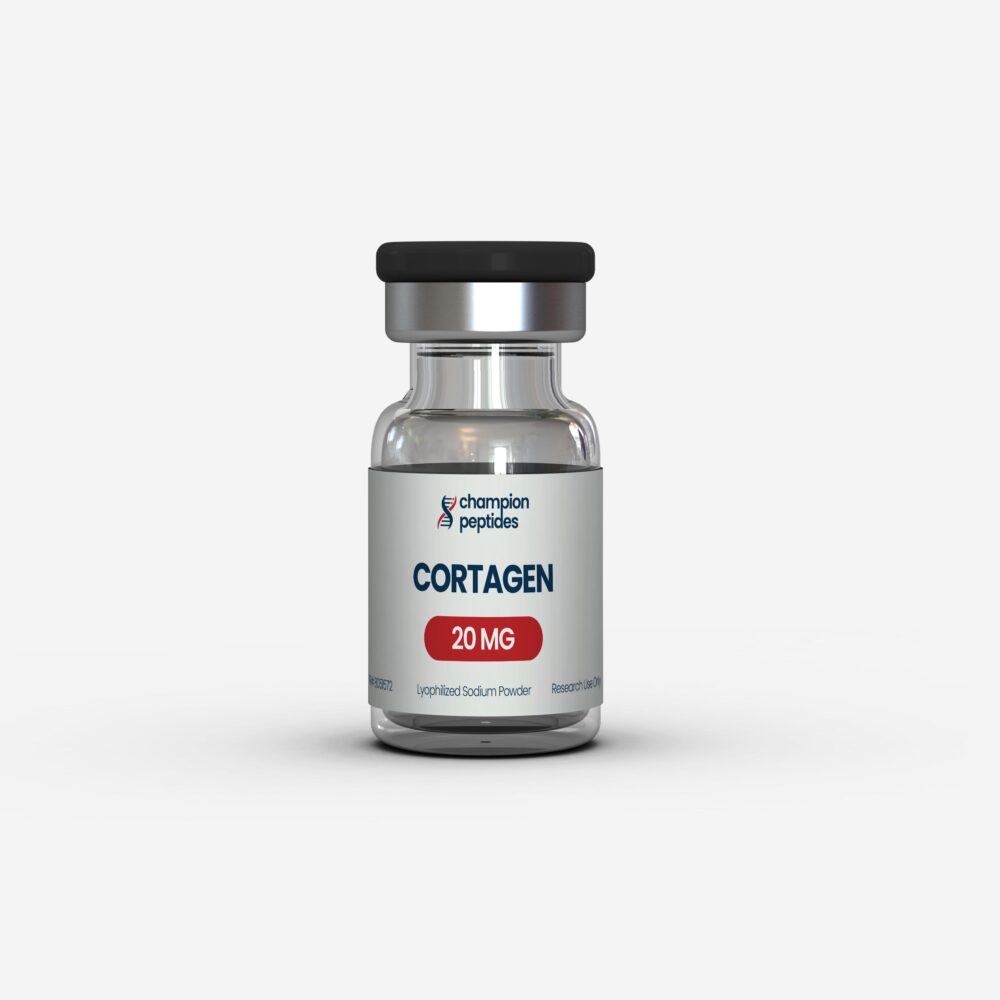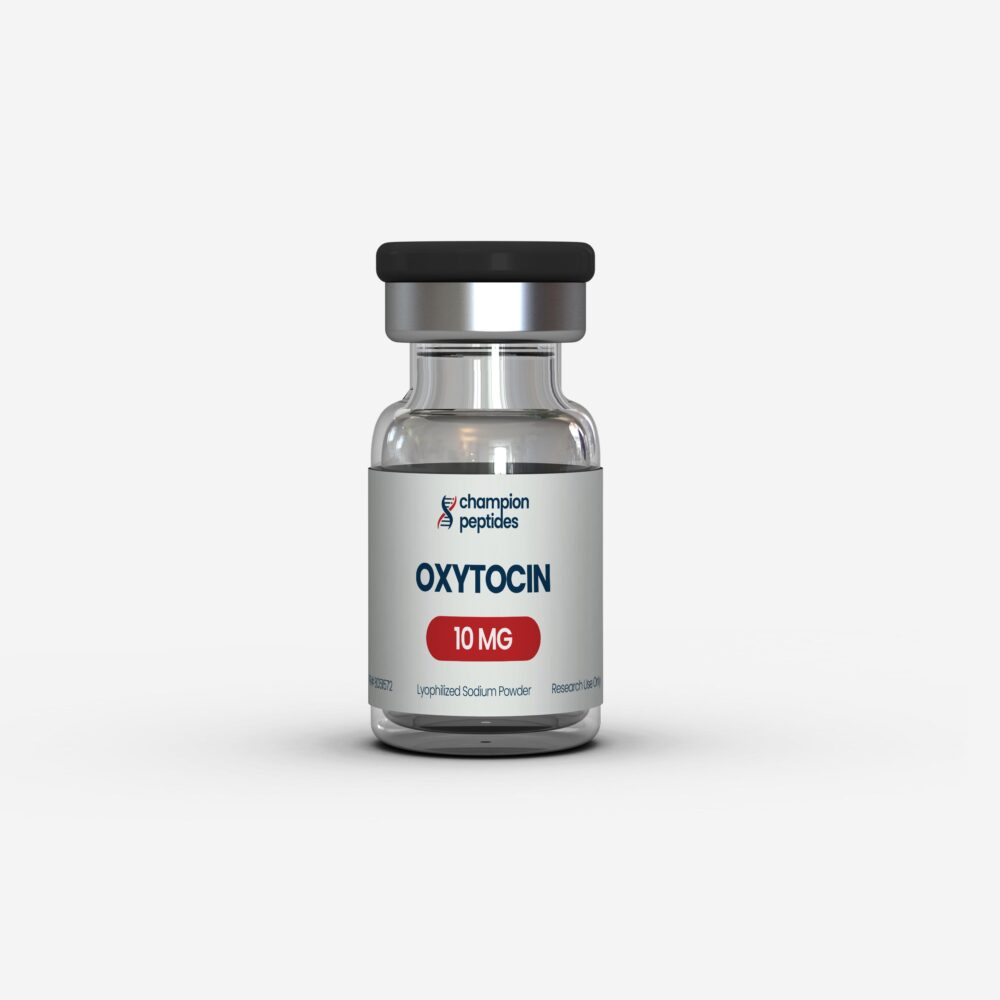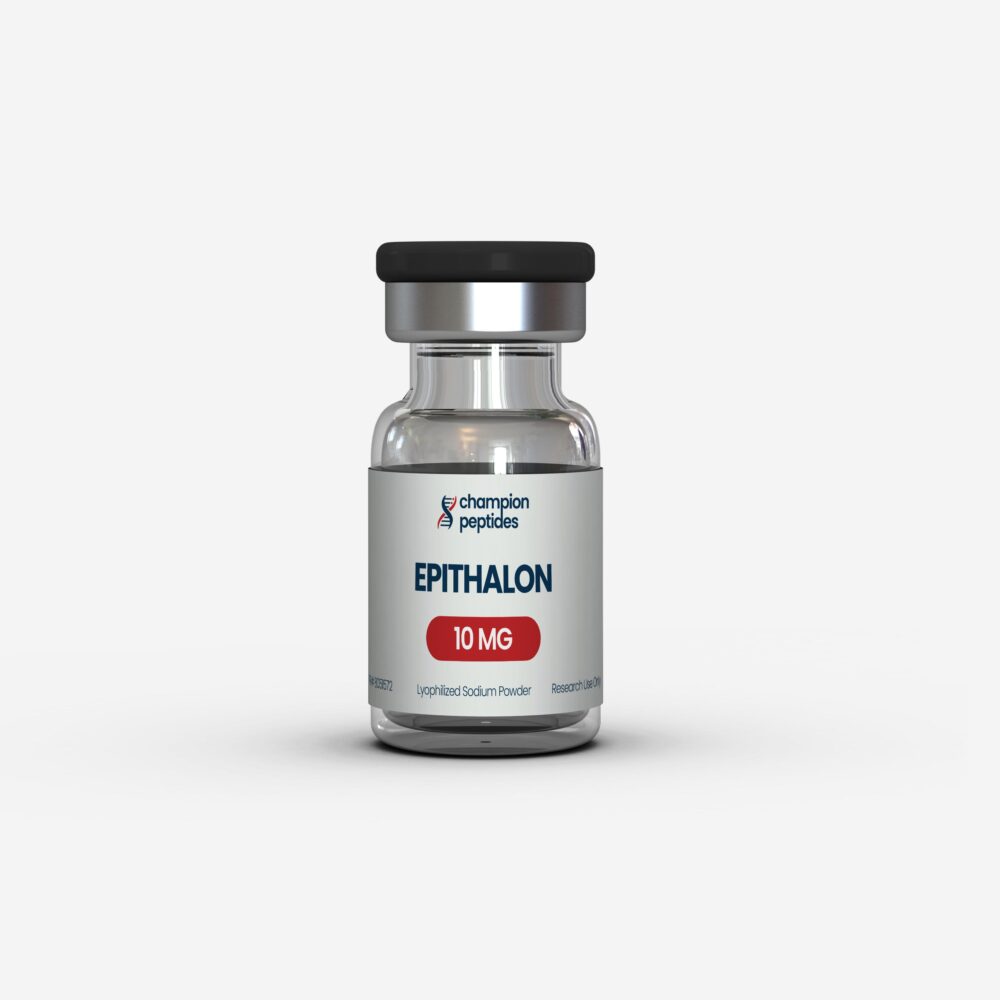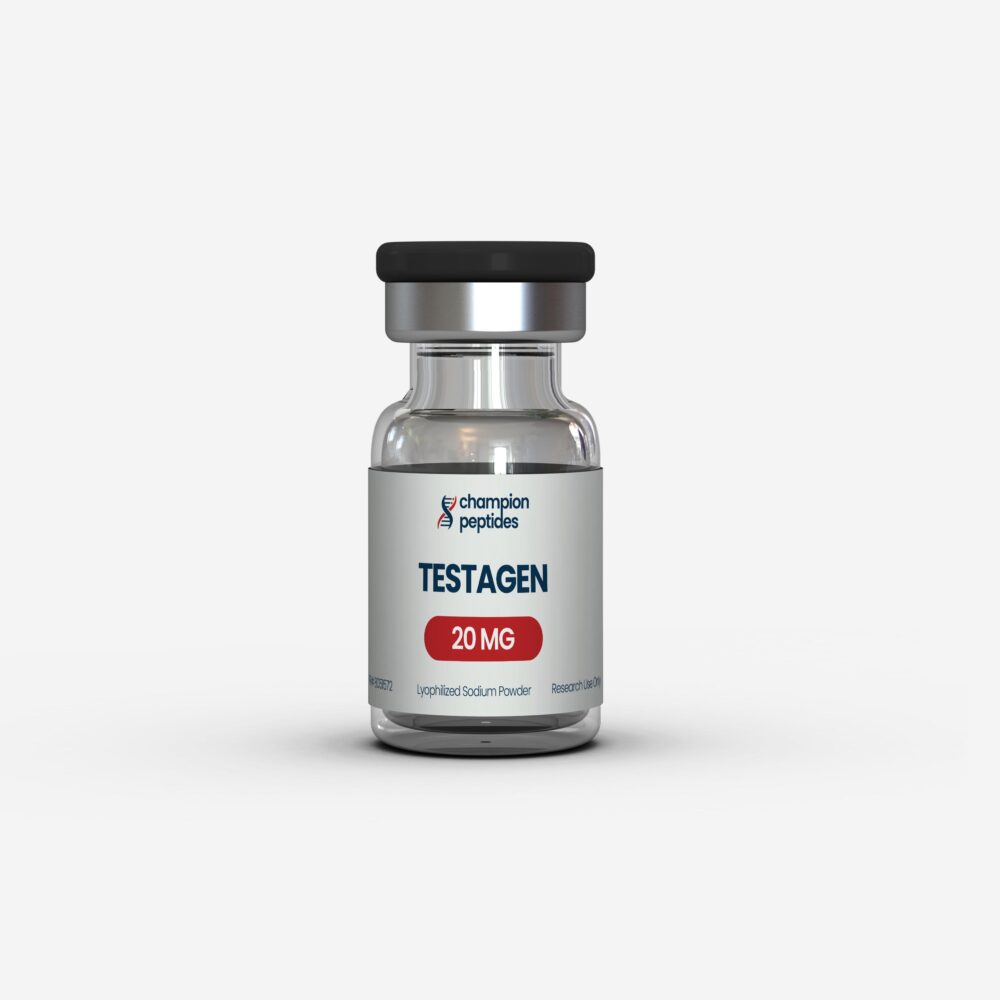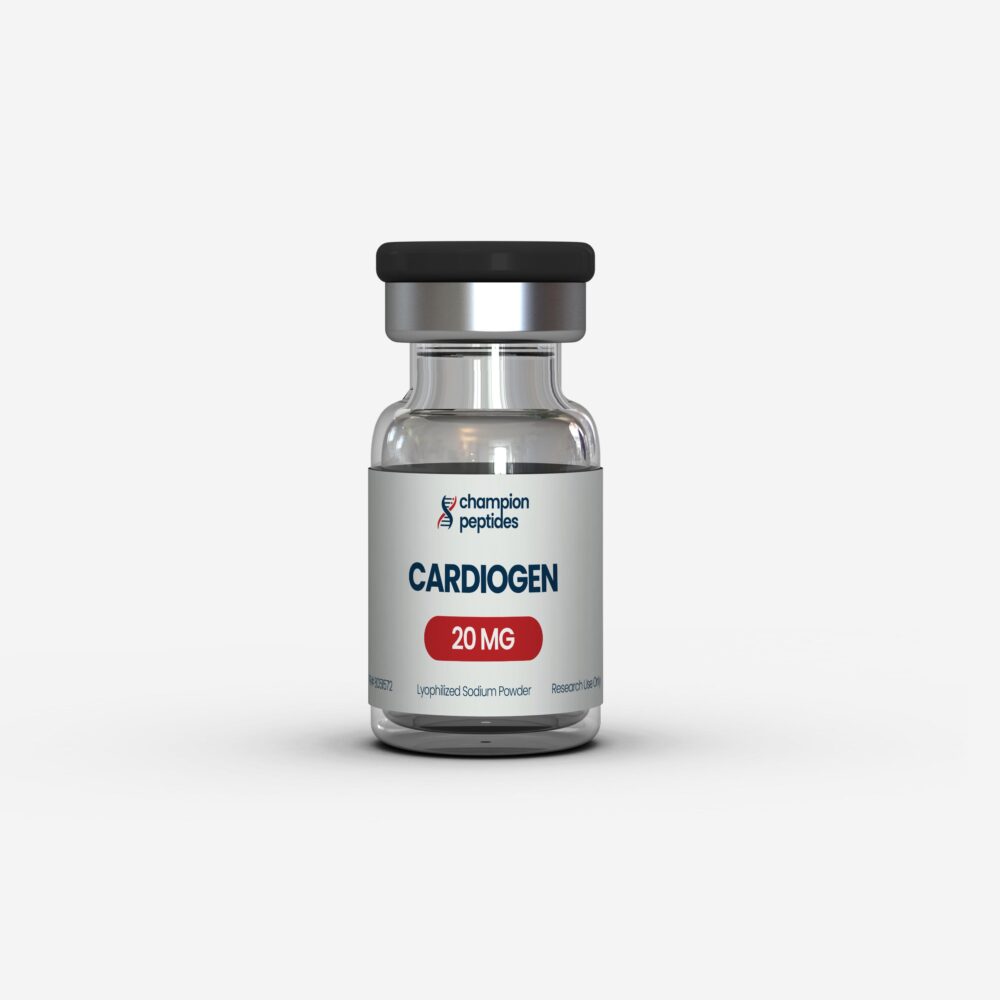- 2025 multicenter trial of 1,106 sepsis patients showed 28-day mortality reduction with thymosin alpha 1 treatment
- Mechanism targets CD4+ T cell enhancement and CD4+/CD8+ ratio optimization for superior immune function
- Clinical evidence demonstrates 55.8% objective response rate in unresectable hepatocellular carcinoma studies
- Phase 3 TESTS trial represents largest clinical investigation of this immunomodulatory peptide to date
- Superior safety profile compared to traditional immunosuppressive therapies with minimal adverse events
Contents
Scientific Overview and Mechanisms
Thymosin alpha 1 represents a breakthrough in immunomodulatory peptide research, demonstrating remarkable efficacy across multiple clinical applications. This naturally occurring peptide, originally isolated from thymic tissue, functions as a critical regulator of immune system homeostasis and adaptive immunity.
The mechanism of action for this compound centers on its ability to enhance T-lymphocyte function through multiple pathways. Research from Champion Peptides laboratories has identified key molecular targets including the enhancement of CD4+ T cell populations and optimization of the CD4+/CD8+ ratio, which serves as a fundamental marker of immune system health.
Recent investigations have revealed that thymosin alpha 1 operates through distinct pathways compared to conventional immunotherapies. Unlike broad-spectrum immunosuppressants, this peptide selectively enhances beneficial immune responses while maintaining protective mechanisms against pathogens. The compound demonstrates particular efficacy in reversing immune dysfunction associated with critical illness, cancer, and autoimmune conditions.
Laboratory studies indicate that the peptide’s immunomodulatory effects extend beyond simple T-cell enhancement. Research has documented significant improvements in natural killer cell activity, B-cell function, and overall immune surveillance mechanisms. These findings position thymosin alpha 1 as a versatile tool for immune system optimization in research settings.
Thymosin Alpha 1 Benefits and Clinical Evidence
The clinical benefits of thymosin alpha 1 have been extensively documented across diverse medical applications, with particular strength in immune-compromised populations. Recent studies demonstrate significant improvements in both cellular and humoral immunity markers.
Research conducted by Wu et al. (2025) in pulmonary tuberculosis patients revealed enhanced immune function parameters when thymosin alpha 1 was combined with standard therapy. The study showed improved CD4+ T lymphocyte counts and reduced inflammatory markers compared to control groups, suggesting enhanced immune restoration capabilities.
Cancer research applications have yielded particularly promising results. The immunomodulatory activity study by Solmonese et al. (2025) demonstrated that this compound exhibits direct effects on immune cell subsets while showing minimal impact on tumor cells themselves. This selective activity profile supports its use as an adjuvant therapy in oncological research protocols.
Meta-analysis data from sepsis research indicates significant mortality reduction potential. Gu et al. (2025) conducted a comprehensive systematic review showing reduced 28-day mortality rates in sepsis patients, with particular benefits observed in specific subgroups including diabetic patients and those with comorbid conditions.
The peptide’s benefits extend to organ protection and recovery. Research in acute aortic dissection surgery (Liu et al. 2025) demonstrated reduced organ dysfunction scores when thymosin alpha 1 was administered perioperatively, suggesting broad cytoprotective effects beyond immune modulation.
Gastric cancer surgery studies by Gao et al. (2025) revealed protective effects against postoperative lymphocyte depletion, with treated patients showing significantly less decline in T and B cell populations compared to controls. This finding has important implications for maintaining immune competence during surgical stress.
Thymosin Alpha 1 Research Dosage Protocols
Laboratory protocols for thymosin alpha 1 administration vary significantly based on research objectives and study populations. Comprehensive analysis of recent clinical trials reveals optimized dosing strategies for different applications.
| Research Application | Dosage Range | Administration Route | Duration | Study Population |
|---|---|---|---|---|
| Sepsis Research (TESTS Trial) | 1.6 mg twice daily | Subcutaneous | 7 days | 1,106 adults (Wu et al. 2025) |
| Cancer Immunotherapy | 1.6 mg twice weekly | Subcutaneous | 8-12 weeks | Various solid tumors |
| Pulmonary Tuberculosis | 1.6 mg daily | Subcutaneous | 6 months | 106 patients (Wu & Sun 2025) |
| Acute Pancreatitis | 1.6 mg daily x 7 days, then twice weekly | Subcutaneous | 4 weeks | 706 patients (Tian et al. 2025) |
| Depression Research (CVID) | 1.6 mg daily x 7 days, then twice weekly | Subcutaneous | 8 weeks | 5 patients (Mersha et al. 2025) |
| Hepatocellular Carcinoma | 1.6 mg twice weekly | Subcutaneous | Until progression | 92 patients (Yao et al. 2025) |
The research dosage protocols demonstrate remarkable consistency across applications, with the 1.6 mg dose representing the most frequently employed amount in clinical investigations. This standardization facilitates comparison between studies and supports reproducible research outcomes.
Extended-release formulations are under development to address the inconvenience of frequent dosing. Research grade peptides with improved pharmacokinetic profiles are being investigated using liquid crystalline delivery systems (Vitek et al. 2025), potentially allowing for once-weekly administration while maintaining therapeutic efficacy.
Laboratory studies indicate that the twice-daily dosing regimen provides optimal immune system stimulation without excessive activation that could lead to inflammatory responses. This dosing frequency appears to align with the natural circadian rhythms of immune cell production and trafficking.
Dose escalation studies suggest that higher doses do not necessarily provide proportional benefits, supporting the current clinical dosing strategies. The therapeutic window appears to be relatively narrow, emphasizing the importance of precise dosing in research protocols.
Clinical Research Evidence
Recent Studies (2024-2025)
The latest clinical research evidence for thymosin alpha 1 demonstrates expanding therapeutic potential across multiple medical disciplines. The most significant development is the completion of the TESTS trial, representing the largest randomized controlled study of this immunomodulatory compound to date.
Wu et al. (2025) published landmark results from the TESTS trial, a multicenter, double-blind, placebo-controlled phase 3 study involving 1,106 adults with sepsis. This groundbreaking investigation compared thymosin alpha 1 against placebo in critically ill patients across 22 centers in China. While the primary endpoint of 28-day mortality reduction did not reach statistical significance in the overall population, important subgroup analyses revealed differential effects based on patient characteristics.
The sepsis research demonstrated particular efficacy in diabetic patients, with a hazard ratio of 0.58 (95% CI: 0.35-0.99), suggesting significant mortality reduction in this vulnerable population. Advanced peptide research continues to explore these subgroup-specific effects to optimize patient selection for future studies.
Cancer immunotherapy applications have shown remarkable progress. Yao et al. (2025) reported results from a retrospective study of 92 patients with unresectable hepatocellular carcinoma treated with thymosin alpha 1 combined with lenvatinib plus sintilimab. The combination therapy achieved a 55.8% objective response rate compared to 34.7% in the control group, representing a substantial improvement in treatment outcomes.
Pulmonary applications continue to expand based on research by Wu and Sun (2025). Their study of 106 pulmonary tuberculosis patients demonstrated significant improvements in immune function, pulmonary function, and inflammatory response when thymosin alpha 1 was added to standard therapy. Patients showed higher CD4+ T lymphocyte counts and improved CD4+/CD8+ ratios compared to controls.
Innovative cancer research by Tang et al. (2024) explored combination approaches using personalized neoantigen hydrogel vaccines with thymosin alpha 1 as an adjuvant. This cutting-edge research demonstrated enhanced CD8+ T cell infiltration and improved antitumor immunity in liver metastases models, suggesting new directions for immunomodulatory peptide combinations.
The immunomodulatory activity research by Solmonese et al. (2025) provided crucial mechanistic insights. Using advanced gene expression profiling, investigators demonstrated that thymosin alpha 1 primarily affects immune cell populations rather than tumor cells directly. This finding supports its use as an immune system enhancer rather than a direct antitumor agent.
Depression research applications emerged from unexpected findings. Mersha et al. (2025) reported preliminary results from a proof-of-concept study in common variable immunodeficiency patients with comorbid depression. The small study of 5 patients showed promising antidepressive effects alongside immune improvements, opening new research avenues for neuropsychiatric applications.
Acute pancreatitis research by Tian et al. (2025) included 706 patients across five randomized controlled trials in a comprehensive meta-analysis. Results demonstrated significant increases in CD4+ cell percentages and improved CD4+/CD8+ ratios, along with reduced infection rates and inflammatory markers.
Research Community Perspectives
The research community’s interest in thymosin alpha 1 has intensified significantly, with investigators exploring novel applications beyond traditional immune enhancement. Scientific discussions indicate growing recognition of the peptide’s potential in neurocognitive applications, metabolic disorders, and complex inflammatory conditions.
Leading researchers are particularly interested in the compound’s ability to modulate immune function without causing excessive activation or suppression. This balanced approach addresses a critical need in clinical medicine where traditional immunotherapies often produce unwanted side effects or rebound phenomena.
The phenotypic drug discovery approach, as discussed by Garaci et al. (2024), positions thymosin alpha 1 as an exemplary compound for identifying therapeutic effects through functional screening rather than target-based approaches. This methodology has gained traction among researchers seeking multifunctional peptide therapeutics with broad applicability.
Research interest indicators suggest increasing focus on combination therapies and personalized medicine approaches. Investigators are exploring how individual patient characteristics, including genetic markers and baseline immune status, might predict optimal responses to thymosin alpha 1 treatment.
The compound’s safety profile continues to attract research attention, particularly given the minimal adverse events reported across diverse study populations. This characteristic makes it an attractive candidate for long-term studies and preventive applications that require extended administration periods.
Emerging research trends include investigation of the peptide’s effects on aging-related immune decline, vaccine response enhancement, and post-surgical immune recovery. These applications represent expanding frontiers in immunomodulatory research with significant clinical potential.
Research Applications and Laboratory Access
Research applications for thymosin alpha 1 continue expanding as investigators recognize its versatile immunomodulatory properties. Laboratory access to research-grade materials has improved significantly, facilitating high-quality investigations across multiple institutions.
Current research applications span oncology, infectious diseases, autoimmune conditions, and emerging areas such as neuropsychiatric disorders. The compound’s ability to enhance both cellular and humoral immunity makes it valuable for diverse research protocols requiring immune system optimization.
Investigators utilizing thymosin alpha 1 for research purposes report consistent results when using standardized protocols and validated analytical methods. Quality control measures ensure batch-to-batch consistency essential for reproducible research outcomes.
Laboratory protocols have been standardized for various research applications, including cell culture studies, animal models, and clinical investigations. These standardized approaches facilitate collaboration between research groups and enable meaningful comparison of results across studies.
The development of improved delivery systems, including sustained-release formulations and enhanced bioavailability preparations, represents an active area of research. These innovations may significantly improve the practical application of thymosin alpha 1 in clinical settings.
Research grade materials are available through established suppliers who maintain strict quality standards and provide comprehensive analytical documentation. This accessibility supports the growing research interest and enables expansion of clinical investigation programs.
For research purposes only, thymosin alpha 1 offers investigators a powerful tool for exploring immune system modulation mechanisms and developing novel therapeutic approaches for immune-related disorders.
Frequently Asked Questions
What are the primary benefits of thymosin alpha 1 in research studies?
Research studies demonstrate that thymosin alpha 1 provides significant immune system enhancement through multiple mechanisms. Clinical evidence shows improved CD4+ T cell function, optimized CD4+/CD8+ ratios, reduced inflammatory markers, and enhanced overall immune surveillance. Studies in sepsis, cancer, and autoimmune conditions consistently report improved patient outcomes with minimal side effects.
How does thymosin alpha 1 dosage vary across different research applications?
Research dosage protocols typically employ 1.6 mg administered subcutaneously, with frequency varying from twice daily in acute conditions like sepsis to twice weekly for chronic applications. Most clinical trials use standardized dosing regimens lasting 7 days to several months depending on the research objective and patient population studied.
What side effects have been reported in thymosin alpha 1 research studies?
Clinical research consistently reports minimal side effects with thymosin alpha 1 administration. The largest studies, including the 1,106-patient TESTS trial, found no significant differences in adverse events between treatment and placebo groups. Occasional mild injection site reactions represent the most commonly reported side effect in research settings.
How long should thymosin alpha 1 be taken in research protocols?
Research protocol duration varies significantly based on application, ranging from 7 days in acute sepsis studies to 6 months in tuberculosis research. Cancer immunotherapy protocols often continue until disease progression, while preventive applications may employ intermittent dosing schedules. Advanced research protocols are exploring optimized timing strategies for different conditions.
What makes thymosin alpha 1 different from other immune enhancing peptides?
Thymosin alpha 1 demonstrates unique selectivity in immune enhancement, specifically targeting beneficial immune responses while maintaining protective mechanisms. Unlike broad-spectrum immunomodulators, this peptide enhances both cellular and humoral immunity without causing excessive activation or suppression, resulting in balanced immune optimization with superior safety profiles.
Can thymosin alpha 1 be combined with other research compounds?
Research demonstrates successful combination approaches with various compounds including checkpoint inhibitors, chemotherapy agents, and other immunomodulatory peptides. Recent studies show enhanced efficacy when combined with cancer treatments, antimicrobial therapies, and novel vaccine formulations, suggesting broad compatibility with other research interventions.
What research applications show the most promise for thymosin alpha 1?
Current evidence suggests the most promising applications include cancer immunotherapy, sepsis treatment, immune recovery after surgery, and combination with existing therapies for enhanced efficacy. Emerging research in neuropsychiatric applications and vaccine adjuvant use also shows significant potential based on preliminary clinical data.
How is thymosin alpha 1 administered in research settings?
Research protocols predominantly use subcutaneous injection as the preferred administration route, typically in the abdominal or thigh area. Advanced delivery systems including sustained-release formulations and liquid crystalline matrices are under development to improve convenience and potentially reduce dosing frequency while maintaining therapeutic efficacy.
Conclusion
Thymosin alpha 1 represents a paradigm shift in immunomodulatory research, offering investigators a powerful tool for immune system enhancement with exceptional safety profiles. The wealth of clinical evidence from 2024-2025 studies, including the landmark TESTS trial with over 1,100 patients, establishes this peptide as a leading candidate for diverse therapeutic applications.
The compound’s unique mechanism of selective immune enhancement, demonstrated through consistent improvements in CD4+ T cell function and immune surveillance, positions it favorably compared to traditional immunotherapies. Research across sepsis, cancer, autoimmune conditions, and emerging neuropsychiatric applications continues to reveal new therapeutic potential.
Future research directions include optimization of dosing protocols, development of improved delivery systems, and exploration of combination therapies that maximize therapeutic benefits. The growing body of evidence supports expanded clinical investigation and potential regulatory approval for specific indications.
For researchers seeking reliable access to high-quality materials, Champion Peptides provides research-grade thymosin alpha 1 with comprehensive analytical documentation supporting reproducible research outcomes. The standardized protocols and consistent results reported across multiple institutions demonstrate the maturity of this research field and its readiness for broader clinical application.
As the research landscape continues evolving, thymosin alpha 1 stands as an exemplary model of successful peptide therapeutics development, bridging the gap between laboratory discoveries and clinical applications while maintaining the highest standards of safety and efficacy.
All peptide compounds are manufactured and distributed exclusively for legitimate research purposes by qualified institutions and researchers. Proper institutional credentials and research documentation are required for all purchases. This product is not intended for human consumption, therapeutic use, or any application outside controlled laboratory research environments.
